The content of the article
Castration of a cat is a unique opportunity for a person to live with an animal in one apartment without wanting to get rid of a pet. The castration procedure is the solution to many problems faced by the newly minted owners. With the help of castration, first of all, the owner gets rid of unwarranted aggression during the mating season. Cats cease to mark the territory, because their sex hormones are simply not produced. If the kitten is castrated in time, it will not gain weight and will not become lazy. In this article we will talk about castration, as well as learn about how to care for animals in the postoperative period. Particularly common is the question of bathing a pet after surgery.
What is castration?
Today, castration is a very common procedure, which has supporters and opponents. But when a pet starts putting tags all over the place and the whole house smells like cat urine, it finally makes you take the right decision.Veterinarians are advised to do the castration procedure earlier, even before the first love hunt begins. Castration and sterilization are similar concepts, but with different meanings. Sterilization of a cat is the dressing up of the animal's seed canal, that is, the sexual functions are preserved, but the cat can no longer have offspring. This option is not suitable for owners, as it does not solve the main problem - it does not suppress sexual desire, the cats continue to mate and, accordingly, mark the territory. But castration is the removal of the seminal ovaries, along with the appendages that produce the "love" hormone. After this, the animal's sexual desire is completely suppressed, the behavior changes.
Today, most veterinarians and breeders talk about safety and the need for a castration procedure. The only negative is surgery. Anyway, castration is an operation that will require the use of anesthesia, a wound is a possible risk of infection, etc. Fortunately, the current conditions of the procedure are at a high level, veterinarians perform several similar operations per day.The only thing that is required from the owner is a special care in the first few days after the operation.
How to care for a cat after castration?
It is better to get out of anesthesia in a clinic so that doctors can track down possible risks. Usually a couple of hours after the release of anesthesia, the pet is sent home. As a rule, the animal will recover after castration for 3-4 days. Doctors should treat the wounds; you may have to travel for a dressing for a couple of days. Avoid active games and heavy food, the cat should be at rest.If the pet licks the wound area, it is better to wear a protective collar that will protect exposed tissues from the effects of contaminated saliva.
Is it possible to wash the cat after castration?
Of course, it is impossible to wash the cat after the operation, otherwise the water may become a source of infection of a fresh wound. In general, the cat is not often washed - no more than once a month. Therefore, you should take care of this in advance and bathe the animal before the castration procedure. In this case, you do not have to think about bathing for another month. And during this time, the wounds will heal completely and water treatments will be completely safe.
If you did not have time to bathe your pet before castration, it is better to refuse water procedures at least in the first 2-3 weeks after the operation. If the animal is very dirty, you can use dry shampoo, which is simply applied to the wool, absorbs grease and dirt, and then it must be carefully combed. To clean the fur of the animal, you can use odorless wipes and alcohol. And you can wipe the cat's fur with a clean, damp cloth. If the animal walks on the street and you just need to redeem it, do it no earlier than a week after the operation.Use the minimum amount of detergent, try not to wash the open wound area. Unfortunately, not one patch or bandage will protect the seams from getting wet, so it is not recommended to swim at first after the operation.
Many imaginary zoodefenders talk about the cruelty of the procedure.But in fact, cruelty is to throw cats on the street that can not get along with a man. The reproduction of homeless cats, their starvation and freezing - this is a crime. And the provision of a normal life for an animal, even with the condition of the castration procedure, is an achievement of modern veterinary medicine, which should be accepted with gratitude.
Video: castration of cats - what a master needs to know

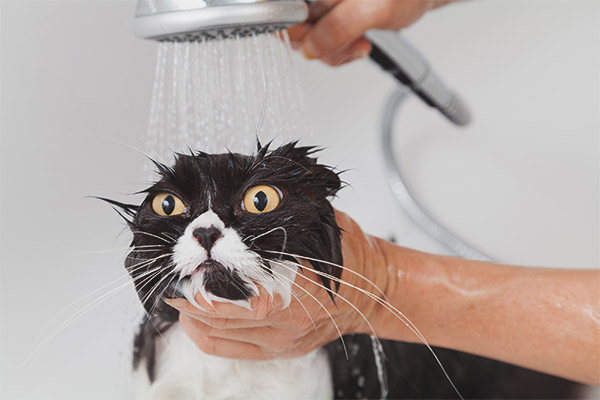

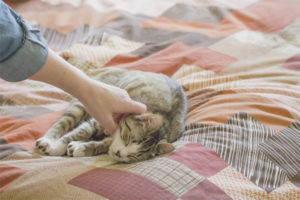
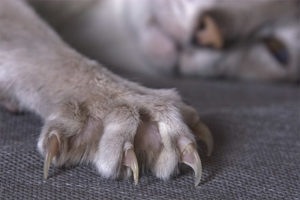
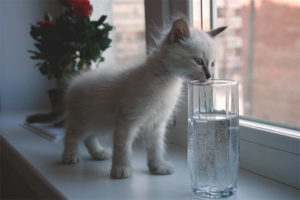
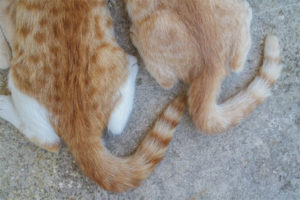

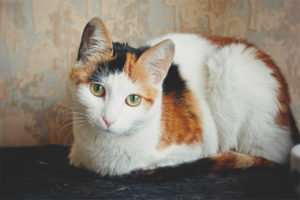
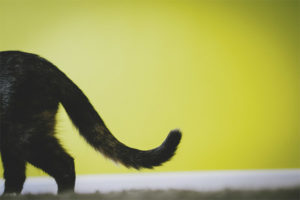

To send